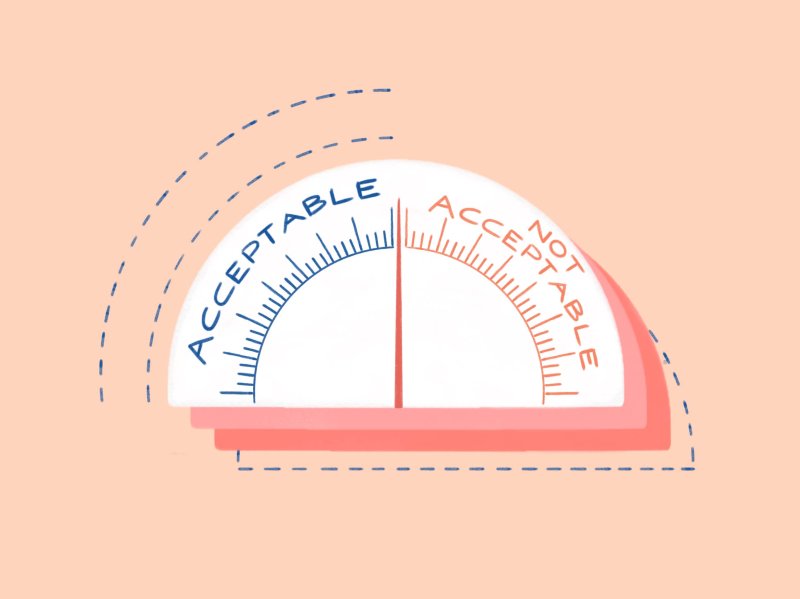[Wellness is] a dangerous con that seduces smart women with pseudoscientific claims of increasing energy, reducing inflammation, lowering the risk of cancer and healing skin, gut and fertility problems. But at its core, “wellness” is about weight loss. It demonizes calorically dense and delicious foods, preserving a vicious fallacy: Thin is healthy and healthy is thin.
…
If these wellness influencers really cared about health, they might tell you that yo-yo dieting in women may increase their risk for heart disease, according to a recent preliminary study presented to the American Heart Association. They might also promote behaviors that increase community and connection, like going out to a meal with a friend or joining a book club. These activities are sustainable and have been scientifically linked to improved health, yet are often at odds with the solitary, draining work of trying to micromanage every bite of food that goes into your mouth.
The wellness industry is the diet industry, and the diet industry is a function of the patriarchal beauty standard under which women either punish themselves to become smaller or are punished for failing to comply, and the stress of this hurts our health too.
Read full, original post: Smash the Wellness Industry































